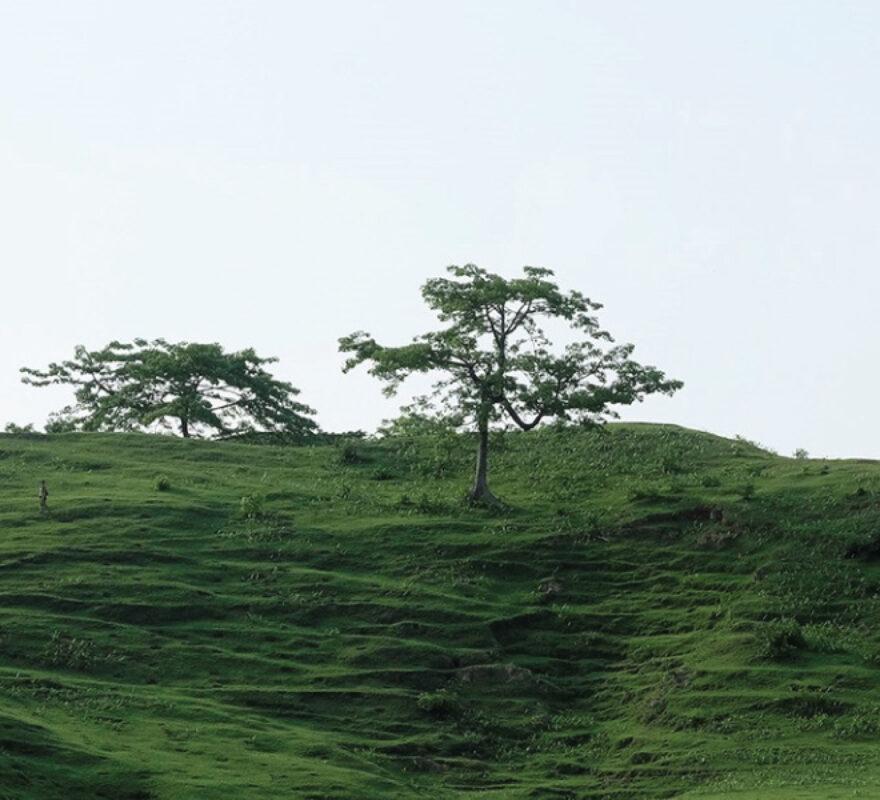
KEPZ in Bangladesh
Corporate Social Responsibility
At Youngone we are committed to evolving our CSR practices through meaningful programs that makes a difference in the world. Our legacy will be created through deliberate and consistent actions, which result in long lasting benefits for our people and the planet.

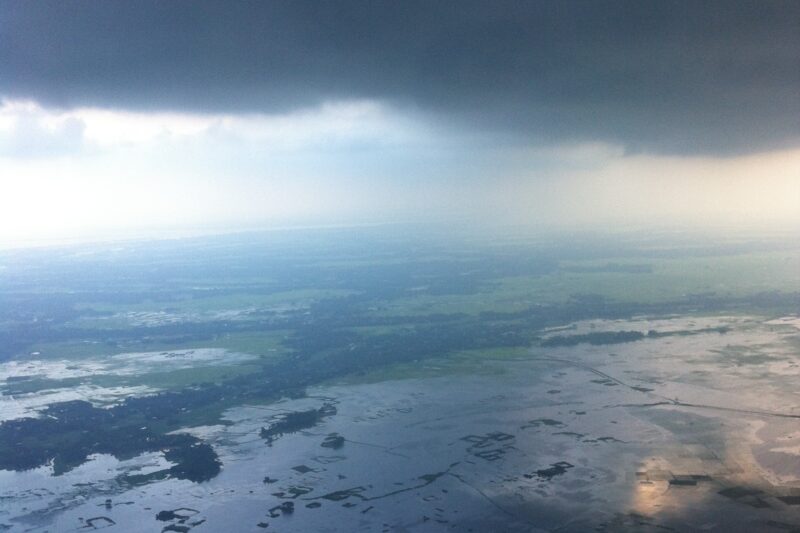
Aerial view of the KEPZ in Bangladesh
Environmental Stewardship
“Producing goods and developing infrastructure without causing harm to the environment lie at the heart of the strategies and policies pursued by Youngone” — Kihak Sung, Chairman and CEO.
For over 40 years, Youngone has incorporated specific strategies to decrease its manufacturing's impact on the environment with the intent of diminishing our ecological footprint. One of our ongoing projects has been rehabilitating 2,500 acres of land purchased in 1999 in Bangladesh, now known as the Korean Export Processing Zone (KEPZ). At the time, deforestation and extraction of ground water had led to unsustainable erosion of the region's landmass. Youngone made a unique, long-term commitment to its renewal. In the last 16 years we planted more than 2 million trees and created 17 reservoirs that conserve upwards of 360 million gallons of water and control floods and sediment flow in neighbouring settlements. These reservoirs provide water for the local ecosystem. In 2003, we introduced fish, which are now harvested as a food source. The reestablishment of vegetation and water provides a new home for indigenous wildlife that have since returned to the renewed natural area.
In conjunction with our land reclamation efforts in Bangladesh, we support the following organizations:

WildTeam
This team works diligently to prevent the extinction of the Bengal Tigers. Please visit WildTeam for more information. (wild-team.org)
The Conservation Alliance
The Conservation Alliance’s mission is to engage businesses to fund and partner with organizations to protect wild places for their habitat and recreation values.
Save The Earth with Youngone (STEY)
In 2012 we created STEY. Our employees engage in a variety of activities to support the earth’s wellbeing. These include cleaning local neighbourhoods, tree planting and recycling drives.
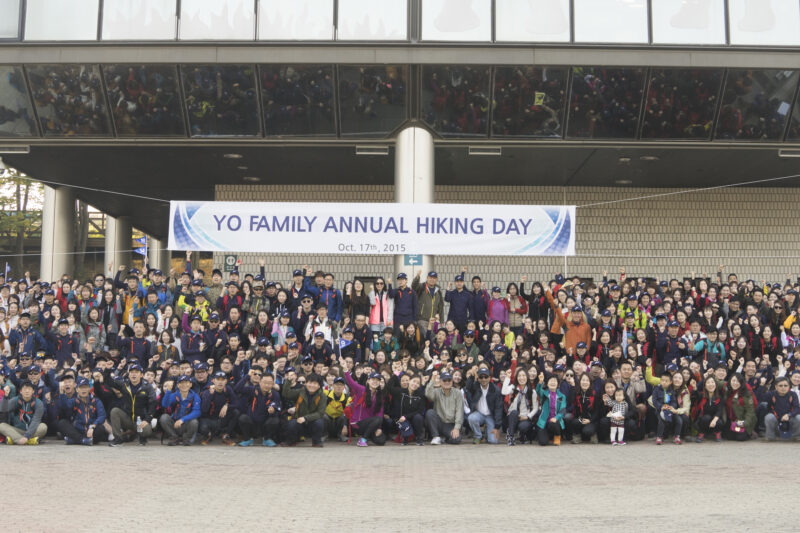
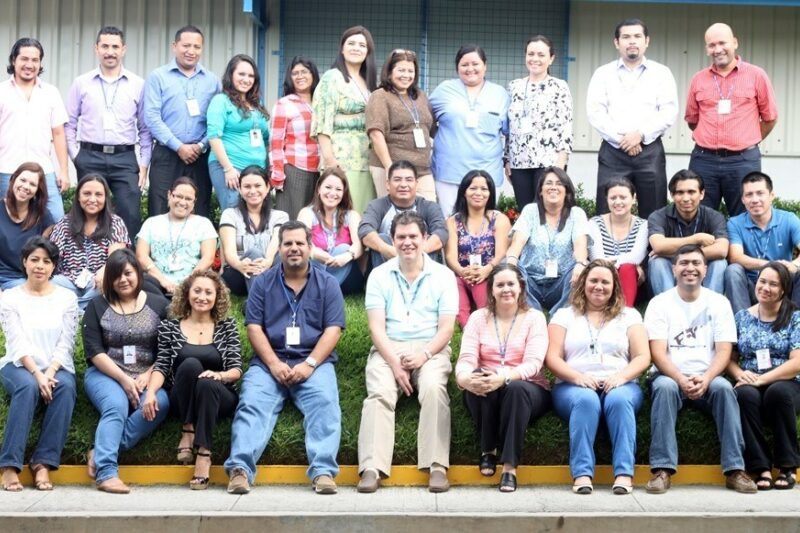
Human Resource Development
We believe our employees are one of our greatest assets and we encourage personal and professional growth. Understanding that mental as well as physical health is critical for our employee’s well-being, we introduced free medical treatment to our employees 1986 and added counselling services in 1993. Each Youngone facility offers extensive training programs to foster our management and team leaders. We are very proud to have many of our associates from the time we began in 1974, as well as a high number who exceed more than a decade of service.
In support of future generations, in 2008 we began collaborating with three universities in Seoul, South Korea—Sookmyung Women’s University, Ewha Women’s University and Seoul National University—to train students in hands-on apparel design and manufacturing methodologies. This attention to next generation development is an integral part of our people development policy.
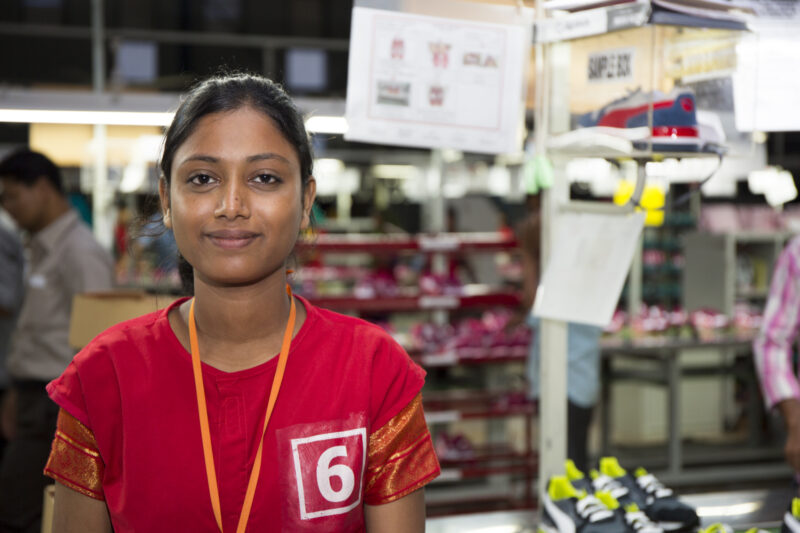
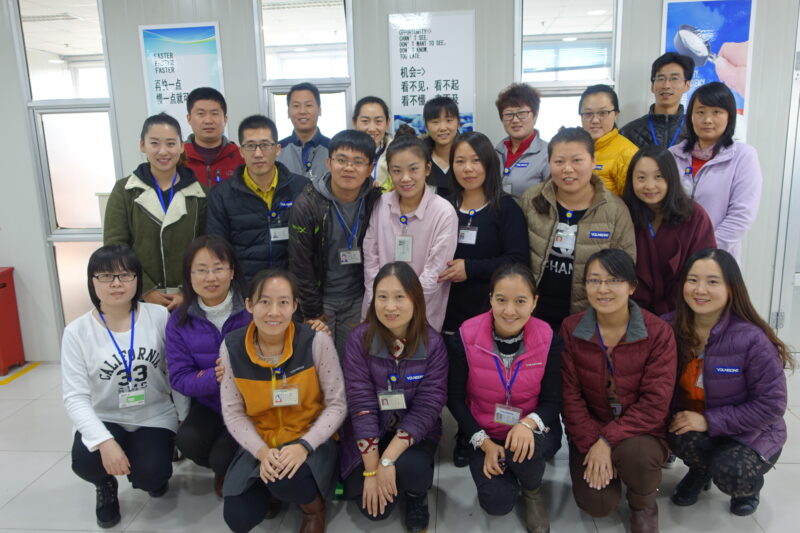
Global Corporate Citizenship
“If a company wants to be at the top, it is not just a necessity but also the responsibility of the company to be active in serving the community…”
Donations and Relief Efforts
Through our association with Warm Clothes for Children, World Vision, The Red Cross and Good Neighbors we have donated over 5 million pieces of clothing to people in need around the world, including $100K in tents to assist with the recent earthquake in Nepal.
Community Outreach Programs
CCCP is a project in Bangladesh that provides financial support to small businesses. It launched in 2002 with some 1,000 members and since blossomed to more than 18,000 and now provides education on reproductive, maternal and child health. As CCCP has grown, Youngone has contributed ongoing technical and advisory support to the organization.
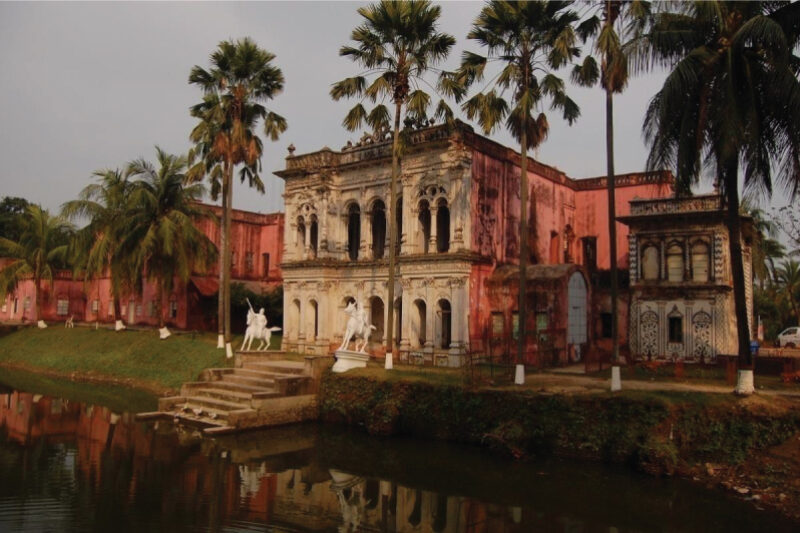
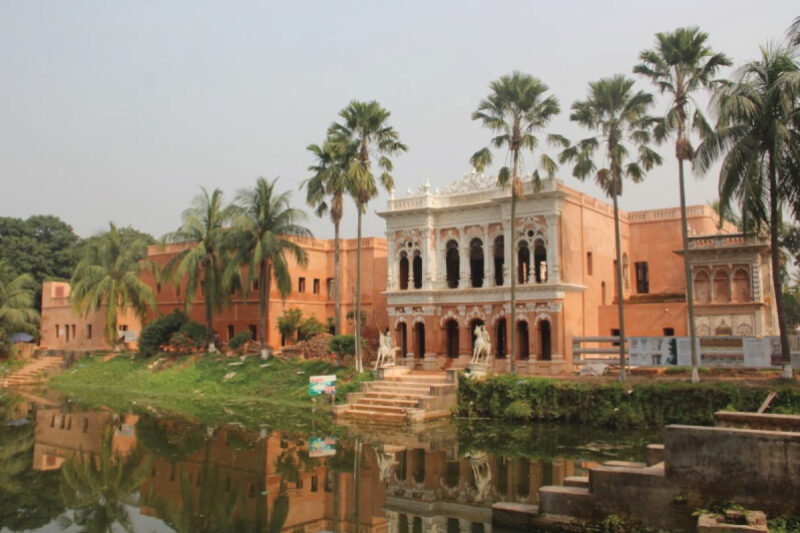
Western view of the Baro Sardar Bari in 2011 (left) and in 2015 (right).
Youngone's Restoration of the Baro Sardar Bari
Youngone restored one of the most significant settlement sites in Sonargaon, Bangladesh. This is the first attempt at preserving a cultural heritage site in Bangladesh
The residential complex was built in 1892 with an addition in 1902. In its time it was one of the most beautiful examples of colonial architecture, upkeep of the building had diminished overtime and the building had fallen to ruins.
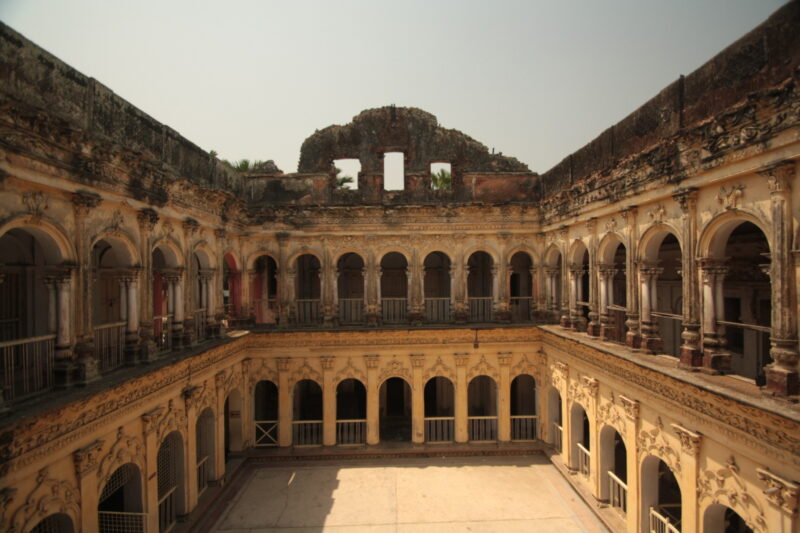
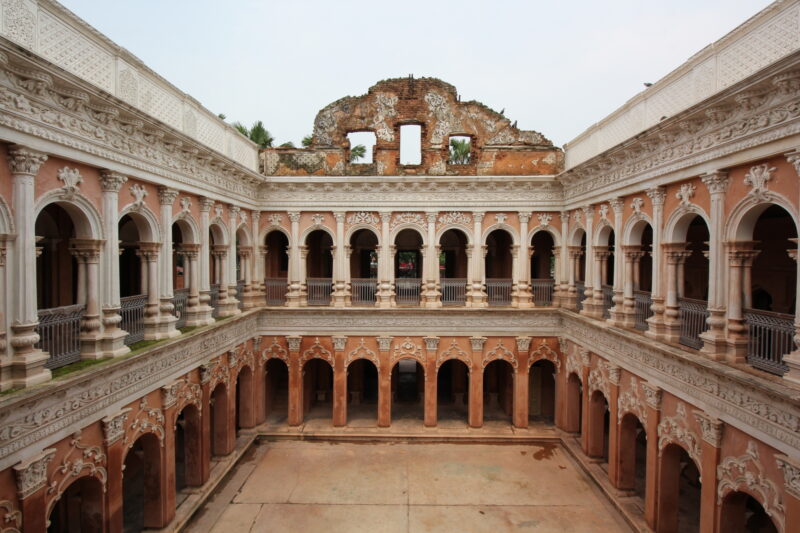
Triangular pediment before (left) and after (right)
Extensive research was conducted to restore the building to its original grandeur. The restoration included the façade, ornamentation, inner courtyard reconstruction and plastering of interior walls.
Reproduction of the Baro Sardar Bari's original furniture was commissioned to local craftsmen and has been installed.